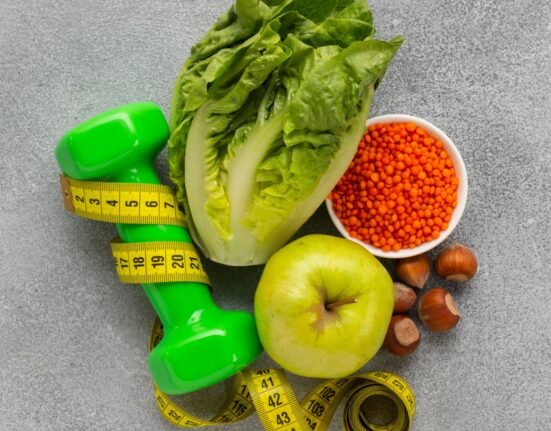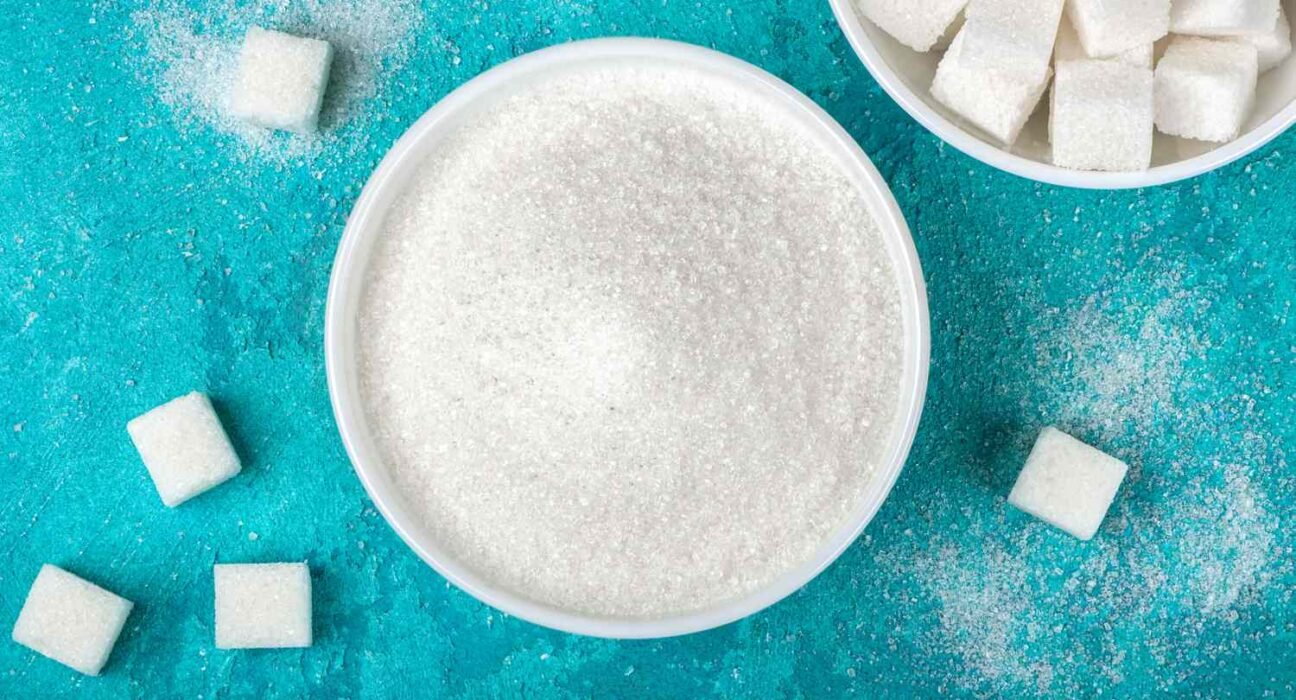Sugar Free Blackberry Jelly – Wholesome Yum
Ads support my free content (did you know every recipe takes me over 12 hours?), but I have an alternative: Wholesome Yum Plus! For less than a cup of coffee a month, you’ll get all my 1200+ healthy recipes with no ads — plus my ad-free Wholesome Yum App, save your favorites, 15% off healthy













